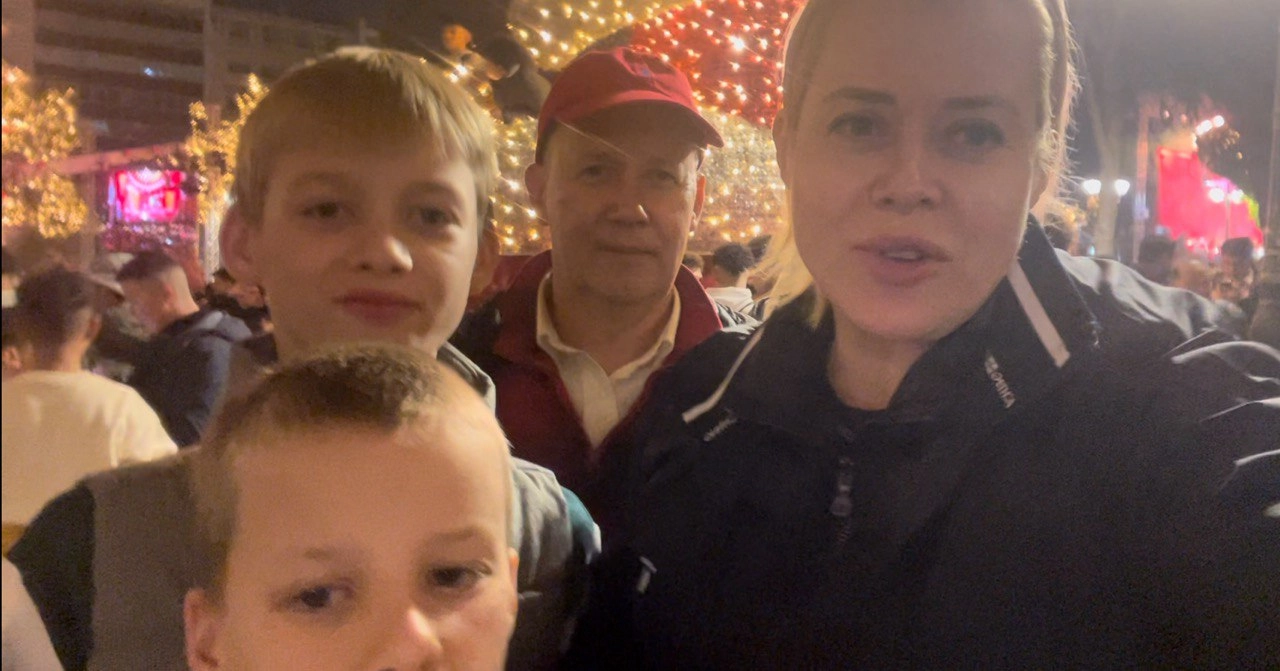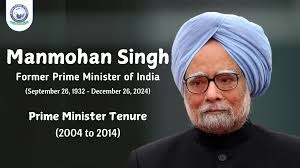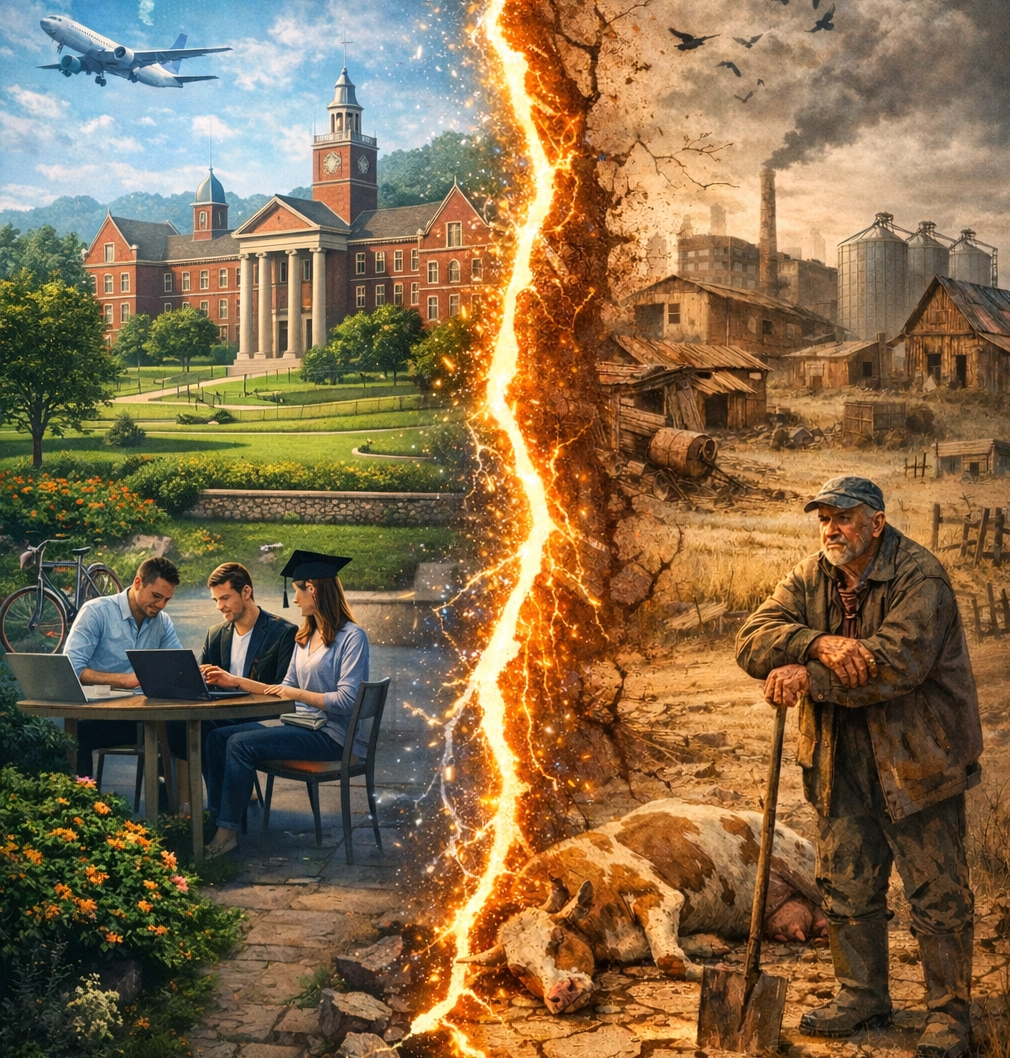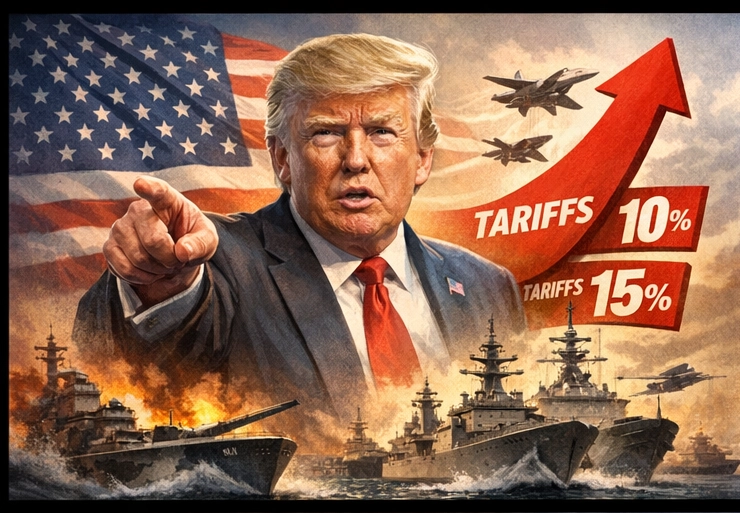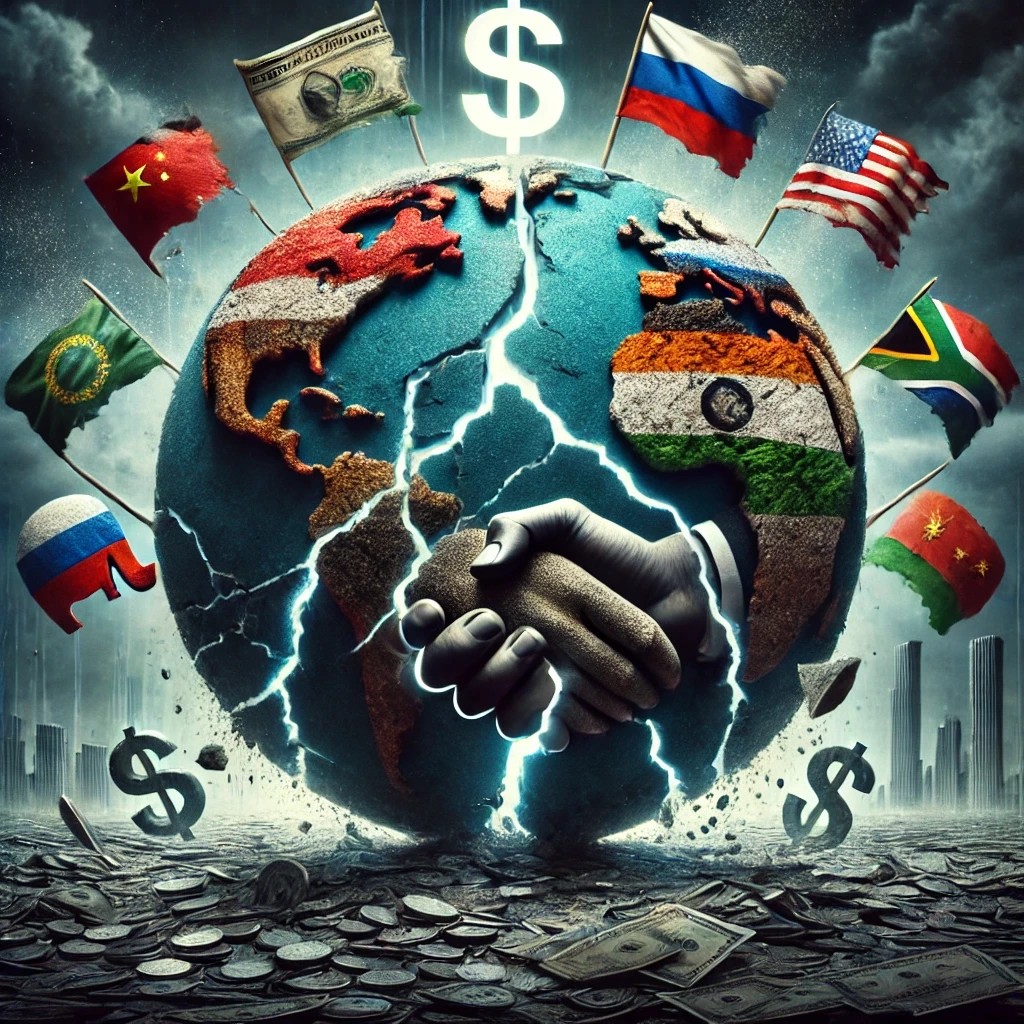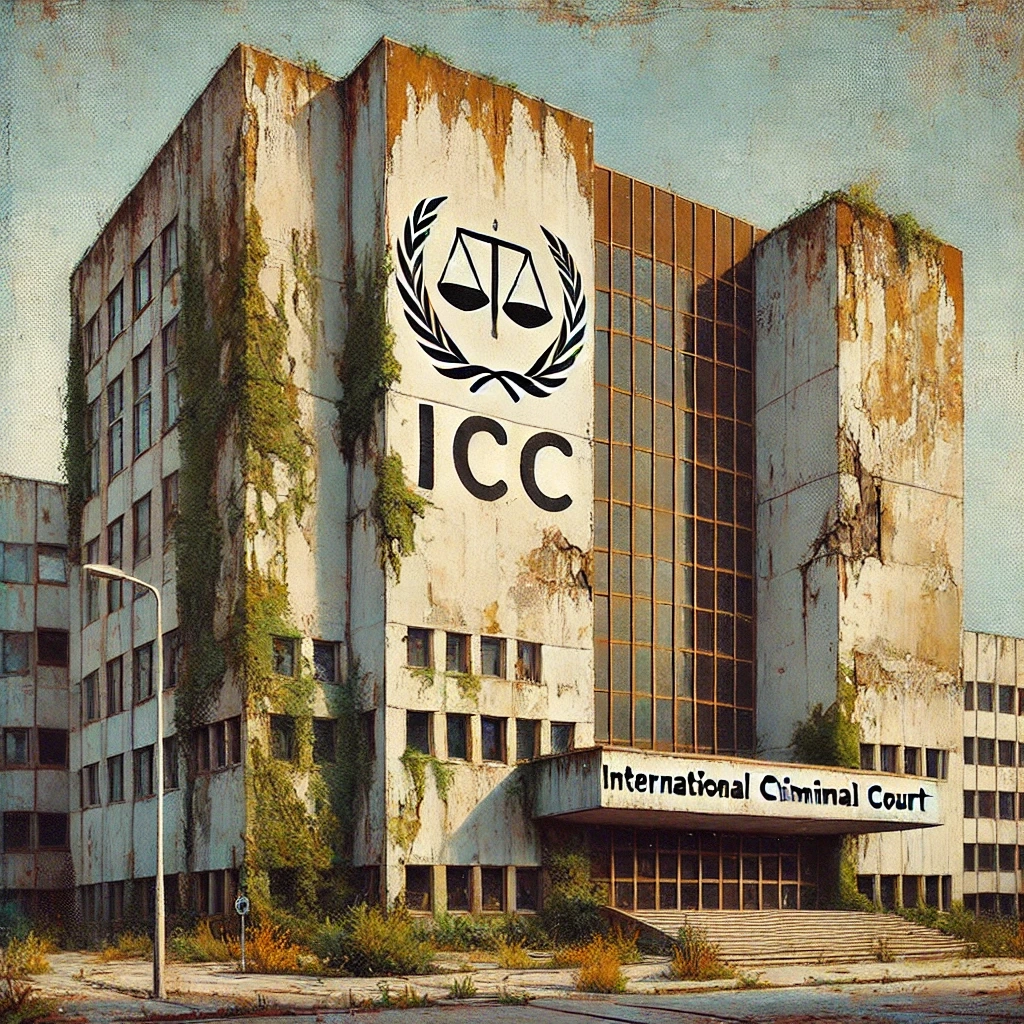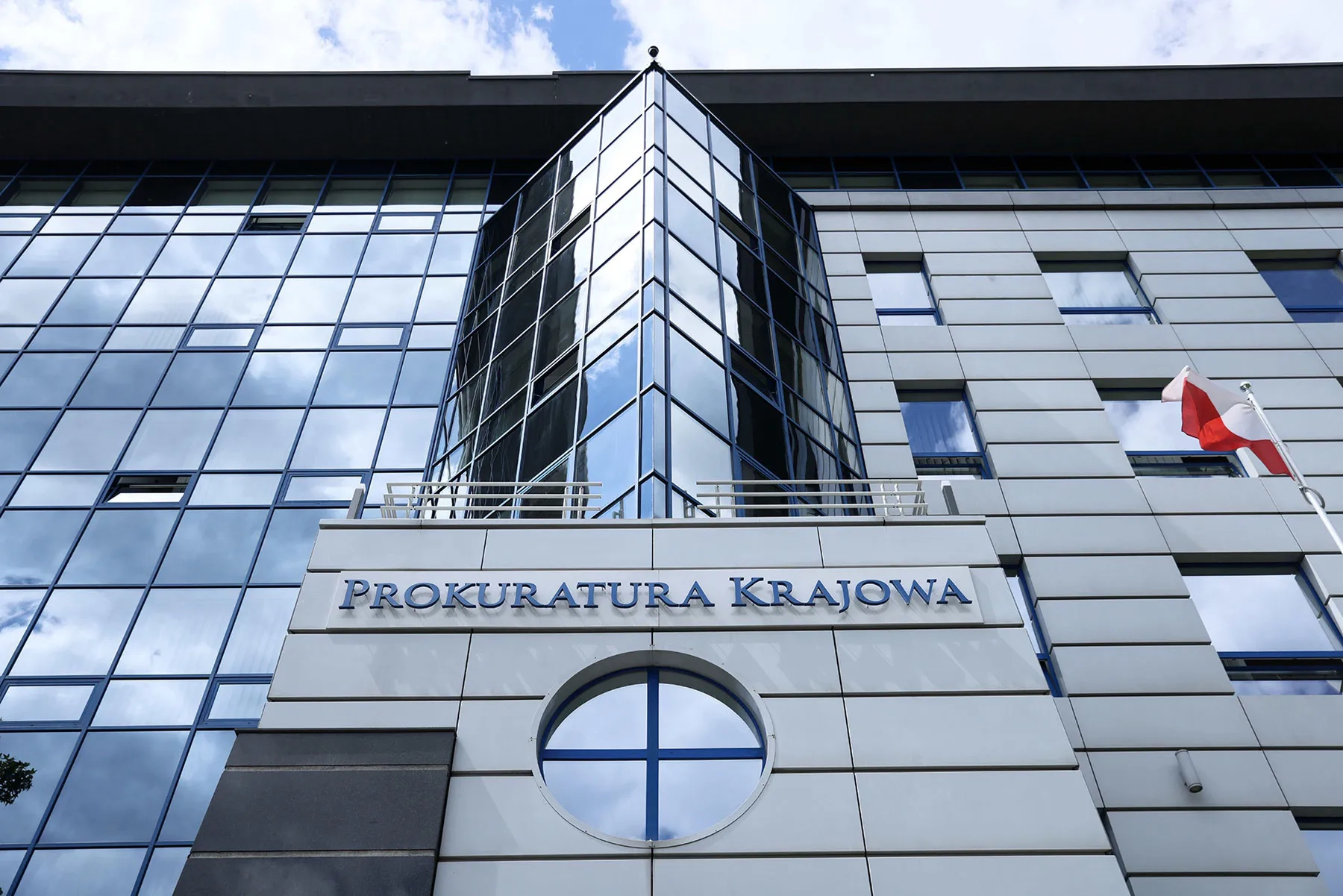For over two months, protests have continued in Georgia against the results of the parliamentary elections held on October 26, 2024. The opposition began demonstrations immediately after the announcement of the results, accusing the ruling party of electoral manipulations and abuse of administrative resources.
Such accusations are typical in countries with transitional democracies and are often perceived by the public as a common occurrence. Moreover, the election process was monitored by both domestic and international observers, which somewhat undermined the credibility of the opposition's claims. As a result, the protests were relatively lackluster and failed to garner significant public attention.
However, the situation changed drastically on November 28, 2024, when Prime Minister Irakli Kobakhidze announced a suspension of Georgia’s negotiations for European Union membership until the end of 2028.
Kobakhidze’s statement, which appeared to be more of an emotional reaction, stemmed largely from the repeated failure of various Georgian governments to gain access to the EU market for Georgian wine and mineral water. Similar to Poland's recent blocking of Ukrainian grain imports, France and Italy seemingly resisted competition from Georgian products in favor of their own, such as Perrier and San Pellegrino.
The Georgian government viewed this statement as a signal to the EU: if the conditions for integration did not improve, the country might have to reorient itself towards the Russian market, where its products traditionally enjoy high demand. However, as the saying goes, they aimed at the target but ended up shooting themselves in the foot.
For the Georgian government, the issue of wine and mineral water exports was a priority in negotiations with the EU. However, for most citizens, these trade restrictions were of secondary importance. Far more significant was the potential restriction of visa-free travel to Europe. This scenario evoked parallels with Belarus, where citizens paid a high price for their inability to dismantle an authoritarian regime: their bank accounts in the West were frozen, small and medium-sized businesses in Europe were effectively shut down, and visa procedures became more complex and costly.
Unlike Belarusians, who never had visa-free access to the EU, Georgians, having once gained this privilege, were unwilling to return to the humiliating procedures of filling out visa applications, attending interviews, and other outdated practices unfit for the modern world.
Thus, the issue at hand was not so much about a geopolitical choice—positioning between the EU and Russia, as many commentators simplistically portray it. A country is not a boat that can be simply steered either West or East. The Prime Minister’s statement sparked mass protests because it touched on one of the fundamental rights of citizens—the right to free movement. This shifted the public focus from debates over election results and personalities to a more fundamental, values-based choice.
Looking back at Ukraine in 2013, despite widespread dissatisfaction with corruption and nepotism, there were virtually no large-scale protests against Viktor Yanukovych. Everything changed when he refused to sign the EU Association Agreement, which would have granted Ukrainians the right to travel freely to EU countries. This was especially vital for western Ukraine, where a significant number of people relied on cross-border trade for their livelihoods. For them, the government’s abstract goals, such as securing cheaper gas from Russia, were far less relevant than access to European markets.
In Belarus, Lukashenko's grip on power began to falter when we shifted the focus to a values-based choice—the right to free elections. Geopolitical slogans or alignment with Europe could have divided society and drastically reduced the social base for change.
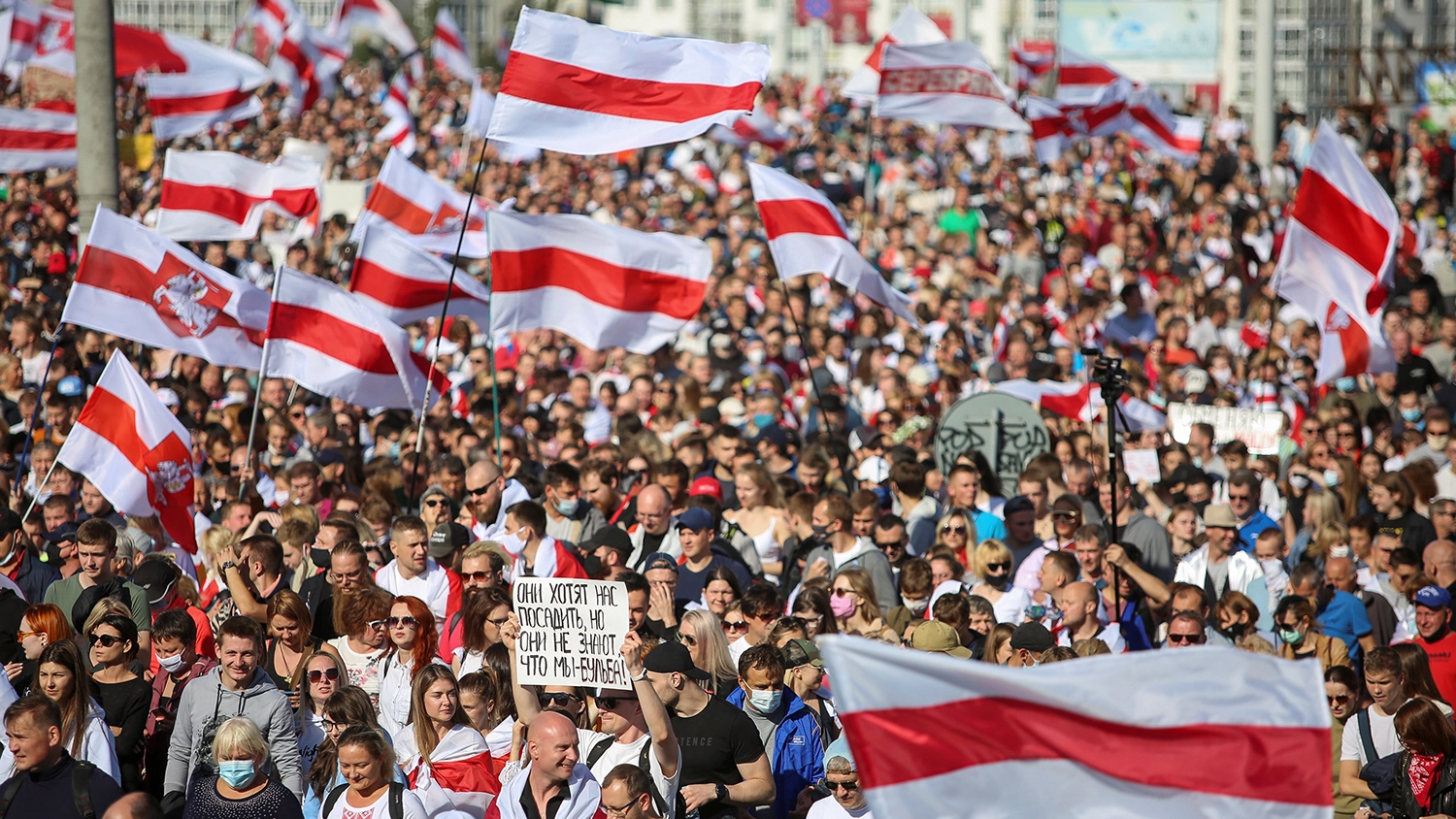
This is why even during the largest protests, involving more than half a million people, there were no calls for geopolitical alignment or support for any specific candidate.
Instead, we offered people a different choice—one based on values rather than personalities: a dictatorship with its lies, falsifications, and suppression of citizens’ rights and freedoms, or the right to free and fair elections. That is why, even after Lukashenko excluded all candidates with concrete development programs and registered an unemployed housewife as his opponent—someone who had not held a single rally or met with voters—the political campaign continued.
Its nature changed: it was no longer about supporting a specific candidate or program but about fighting for the fundamental human right to choose freely.
This focus on values led to the emergence of the "women’s trio," representing three candidate teams in the election. The trio declared that their main goal was not to gain power but to ensure free elections. Despite the fact that, after the elections, Tsikhanouskaya called for recognition of Lukashenko’s victory, accepted money from him, and fled to Lithuania, where she was warmly received by Lithuanian authorities, mass protests erupted in Belarus. As mentioned earlier, these protests avoided geopolitical and personality-based slogans, concentrating solely on the demand for honest elections.
However, the nascent Belarusian democracy proved extremely vulnerable. Instead of promoting shared values, a "leader" figure was imposed on Belarusian society, accompanied by massive financial investments totaling hundreds of millions of euros. This led to divisions among democratic forces, weakened the protest movement, strengthened the regime, and paved the way for Russian aggression against Ukraine. Perhaps this war could have been avoided, as Belarus played a critical role as a staging ground for the attack on Kyiv, located just 180 kilometers from the Belarusian border.
P.S. In Georgia, the ruling party did not even need to create a symbolic opponent and spend millions on promoting her as the new opposition leader. Instead, they shifted public attention to President Salome Zourabichvili, turning the protests from a values-based confrontation into a matter of personal preferences. This successfully diffused the protests. After the New Year, the opposition is expected to accept the invitation to join parliament, and by February, the legislative body will likely be functioning in full.
This development will likely reopen Georgia's dialogue with the West. Elections in the country, conducted under international observation, even if their results were contested by the opposition, provide a platform for parliamentary debates and public discourse. This stands in stark contrast to Belarus, where the parliament lacks any independent voices, and those who advocate for the people's right to self-determination are either imprisoned or forced into exile.
